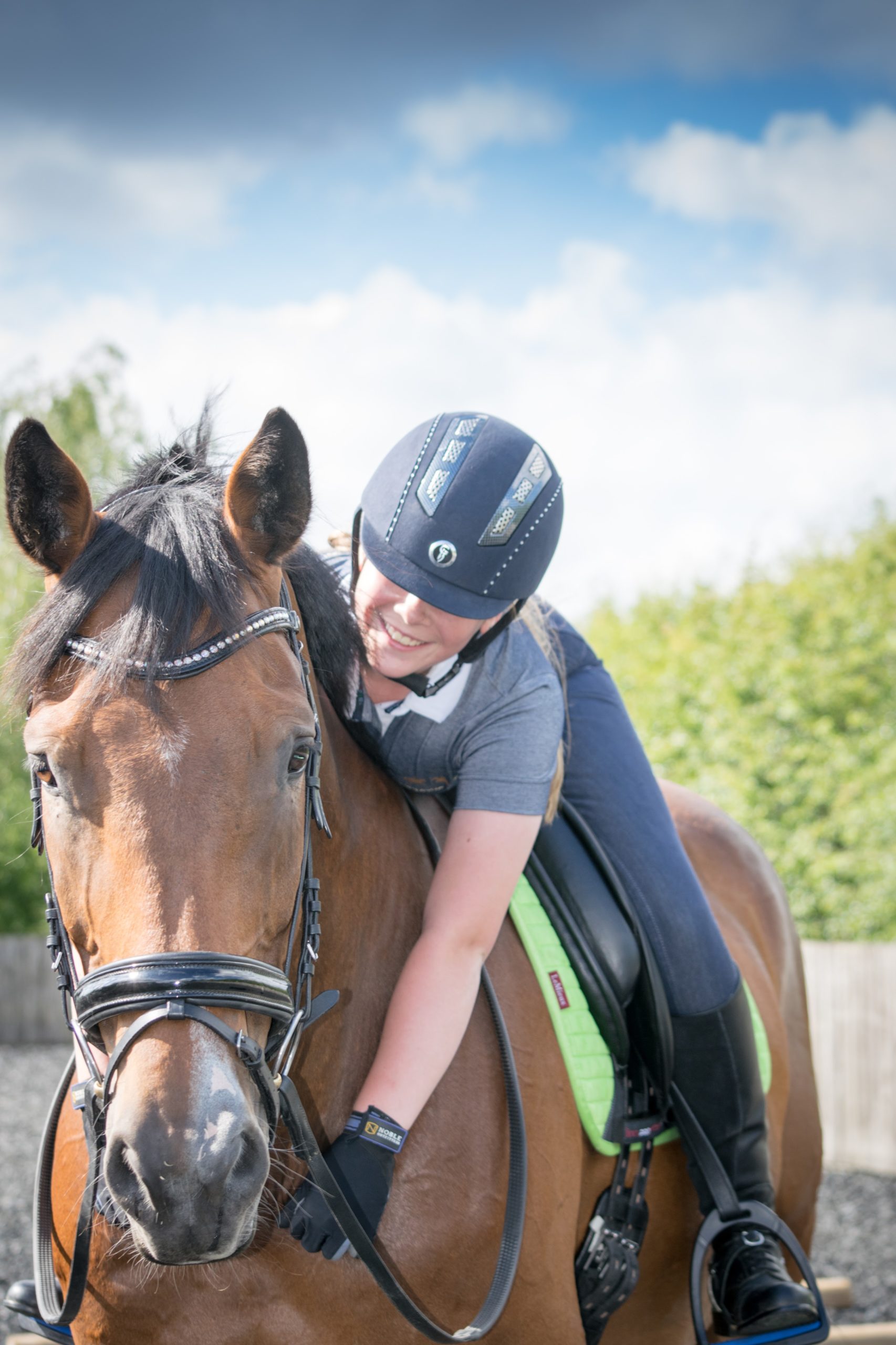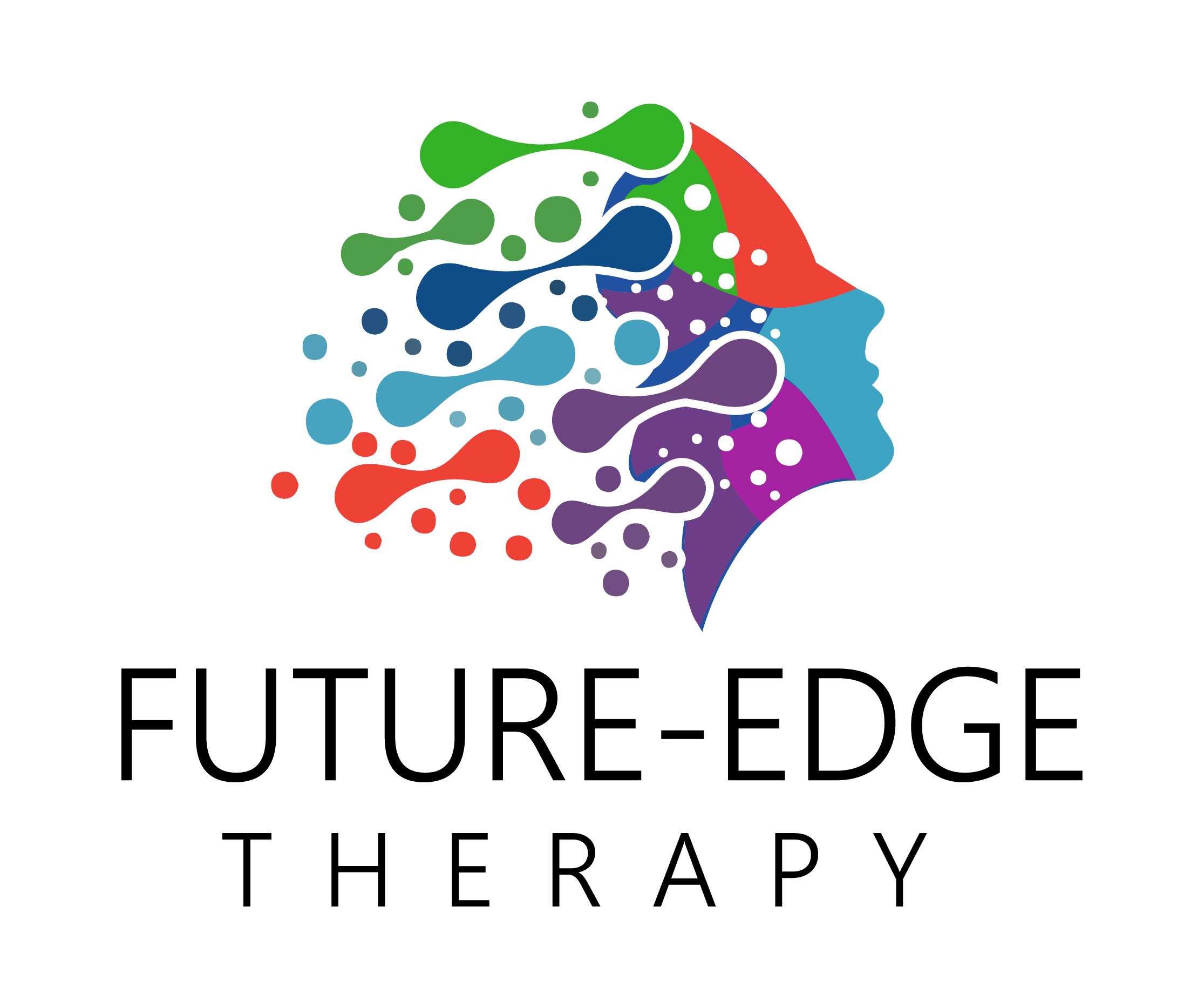
30 Oct Complete Confidence With My Horse
Environmental Influences & Covid-19 Affecting Confidence With My Horse
Let’s start with the C-word – Covid-19.
This has dominated the headlines, restricted access to our best friend, yards have had to close, and competitions and lessons have been put on hold. Not to mention the stress of having to work from home, become a “teacher” and home school children, manage shopping while avoiding contact and try to keep positive. The effect on our mental health, motivation and resilience has been tested to the limit and we have had to create our “new normal”.
The constantly changing landscape, mixed messages and the fact we simply cannot plan ahead for more than a few weeks have contributed to a massive shift in how we think, feel and react.
For some, it is vitally important to ride as much as possible as it helps to manage confidence, gives us a mental break from reality, helps us feel some enjoyment in what has become a bleak landscape. However, when you don’t have access to your horse or simply don’t have the facilities to continue to ride or you may find it difficult having to self-train or find the motivation to ride without someone telling you what you need to be doing. The cracks start to show, and the combined environmental influences create a recipe for disaster when we do try to get back to our riding norm.
Hope at last?
Could we go as far as saying, there may be a glimmer of hope and excitement on the horizon?
Lessons have been allowed to restart, yards are “relaxing” lockdown rules and venues are slowly reopening. While we spend time trying to figure out how we socially distance and what the competitive landscape may feel like over the next few months, equestrians are contemplating how to get back to riding and what their individual plans could look like.
In some cases, this exact thinking process starts to bring on a bit of anxiety, some of the old fears start to resurface and the “oh my goodness I have to get on again” thoughts come back. Old habits start to return and before long you may find yourself wondering why on earth you still have a horse?
5 Steps to Help Restore Confidence With Your Horse
Stage one – The root of the problem
It’s been a very busy time since lockdown started helping riders overcome these exact automated brain responses, while some have realised, they now have the time to face their fears, anxieties and stress while others are on the brink of giving up. There is nothing more upsetting for me to talk to a rider who is contemplating giving up their greatest love. This is where we need to start to “unpick” every aspect of personal, professional and riding life to find out what the root cause of the problem is. Finding the trigger or triggers will reveal our starting point in terms of fixing whatever it is that started to go wrong.
Once we establish our starting point or trigger, we will discover how it affects three different parts of the brain involved in creating and maintaining your anxiety, stress or loss of confidence related to riding your horse. In my experience, it is often a combination of personal, professional and riding life anxieties that causes the trigger; however, the rider is always the last person to figure this out. At this stage, it becomes obvious that some of these behaviours are learnt behaviours or bad habits which create negative neural pathways to the brain and are constantly updated. The good news is these behaviours can be replaced with new habits and the brain has the ability to create new positive neural pathways.
Stage two – Think, feel and react
I am a firm believer that what you think influences how you feel and ultimately how you react. The 3 words (think, feel, react) are crucial to understand in context of each individual riders’ life. This process ultimately influences how your horse reacts to you. If your confidence is low or you give off any fear signals your horse will not have the confidence it needs to take guidance from you.
The way you think or what you think influences your brains coping strategies and ability to control your feelings and emotions. If you constantly feel anxiety, stress and fear or perhaps you have suffered a previous trauma, a part of the brain called the prefrontal cortex, struggles to cope with the overload of information it’s trying to process and goes “offline” sending the information to the hippocampus or the thinking part of the brain which also become overwhelmed. However, a part of our brain called the amygdala, described as our “fear radar”, triggers our warning mechanism and increases the cortisol levels (more commonly known as the stress hormone).
This process can be described as large puzzle pieces floating around in your head. You simply need to find where each part goes. We need to find a home for each anxious thought or memory. Each memory needs to be allocated to the different parts of the brain which processes trauma to allow the brain to process, understand it better and work its way through the event.
Stage 3 – Evaluate your internal and external environment
Once we understand your brain’s processing ability, identified the triggers and understand what goes on in your life we start to look at internal and external influences and what can or cannot be controlled. Your work environment and personal circumstances will have a significant impact on how you move forward and where we start to make change happen in your riding. Information is power and this approach gives you a truly clear overview of what has worked in the past, what’s not working now, what will help in the future and forms the basis of your new plan and goals. At this stage, applicable exercises, processes, techniques and perhaps trauma therapy need to be implemented.
Stage 4 – Break the cycle
Now, we may not like to admit it, but we all have bad habits which we repeat over and over again. We may not be consciously aware of them but once they are established these habits become part of our general life. Like nail-biting, which is a mere irritation to more serious habits like smoking, it can be hard to shift. Do you start to think negatively when you put your breeches on? Do you start to catastrophise when you tack up? Do you start to wonder if your horse will walk off with you when you see the mounting block?
There isn’t a one size fits all approach to breaking habits as each individual is very different, but the first step is recognizing and accepting what the negative behaviour is and what the consequences are. Habits develop through repetition, so understanding the pattern that supports a bad habit can help break the cycle of events responsible for its establishment. Identifying the trigger, the routine, and the reward it delivers will allow you to gain insight into stopping the behaviour itself.
Stage 5 – Small steps using a new mindset approach
There is a well-known Chinese proverb that says, “A journey of a thousand miles begins with a single step”. Moving closer to your riding goals must start with a firm new plan made up of mini-steps to achieve each day. Each mini step needs to be a confidence builder to move you on to the next step. Each must be SMART – Specific, Measurable, Achievable, Realistic and Time-based.
Here are a few things you could do to help you create a small steps mindset:
• Change one negative to a positive each day.
• Be prepared to change and understand there will be a struggle.
• Write down what you need to change about your behaviour and accept it.
• Make a list of every positive you have achieved with your horse so far and keep reminding yourself.
• Create a positive new shared experience with your horse.
It’s never easy facing your fears, but with the right attitude, a concrete plan and a determination to recreate the bond with your best friend, you can learn to understand and trust each other again.
Give Future Edge Therapy a call today on 07970 011 235, alternatively, you can submit an enquiry via our online contact form, and one of our team will be in touch with you shortly.
 7 ways to combat anxiety - Free ebook
7 ways to combat anxiety - Free ebook

